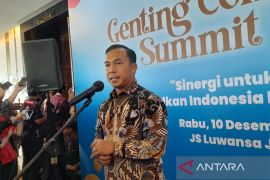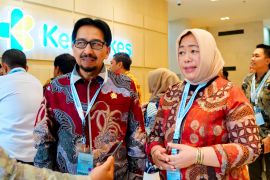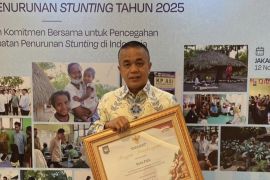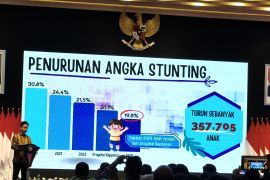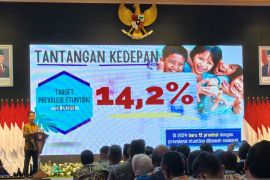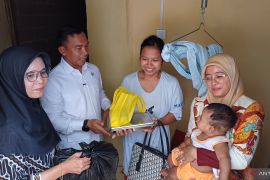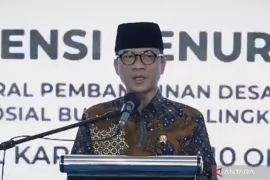"Based on the age, the most vulnerable group to stunting is during the transfer of exclusive breastfeeding to complementary foods," BKKBN's director of family planning services, Fajar Firdawati, said here on Tuesday.
Therefore, stunting prevention must include ensuring the proper fulfillment of exclusive breastfeeding and adequate provision of nutrition, both to pregnant women and infants, she stressed.
She added that MPASI given to babies must contain proteins and other nutrition.
"The baby's nervous system starts developing at the three weeks of embryo, so nutrition, especially proteins, for pregnant women is very important, so that the baby's formation of organs can be more optimal," she explained.
She also emphasized the importance of fulfilling nutrition in the first one thousand days of life, or 0–2 years.
"The first one thousand days of life is very decisive because 80 percent of children's intelligence is formed at that time," she highlighted.
She also asked couples planning to have a baby to get a health check-up first.
"Being a malnourished mother and being in a condition with no sanitation (increases) the risk of stunting, so it is better to check health three months before marriage," she said.
She further noted that President Joko Widodo's vision of Golden Indonesia 2045 or building an advanced Indonesia by 2045 rests on the availability of superior human resources.
The high stunting rate is a barrier to that goal, so the government has issued Presidential Regulation No.72 of 2021 to reduce national stunting prevalence to 14 percent this year.
Related news: BKKBN head calls for data activation to accelerate stunting reduction
Related news: Bapanas, WFP to jointly tackle stunting, poverty
Translator: Lintang P, Kenzu
Editor: Rahmad Nasution
Copyright © ANTARA 2024



